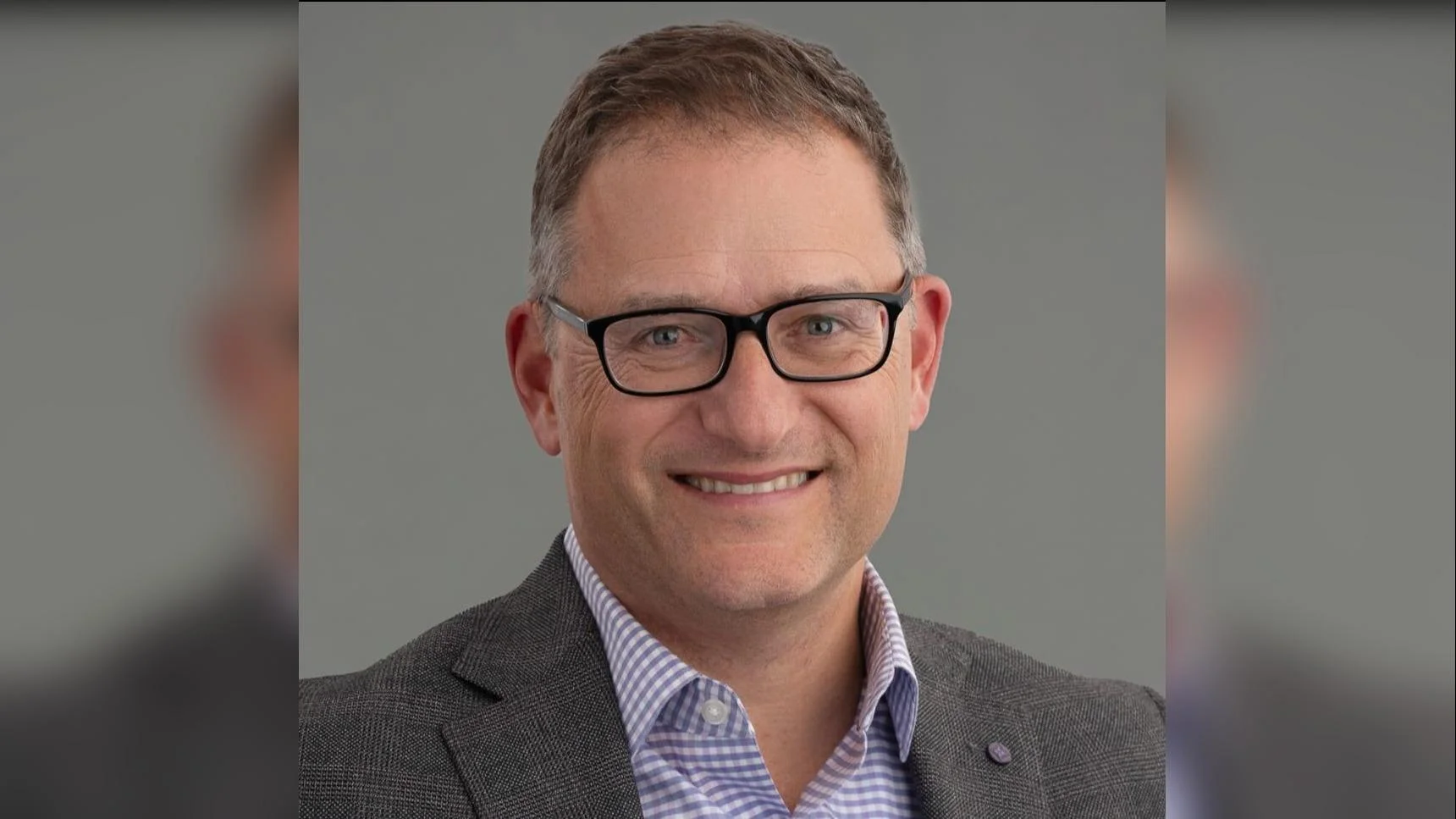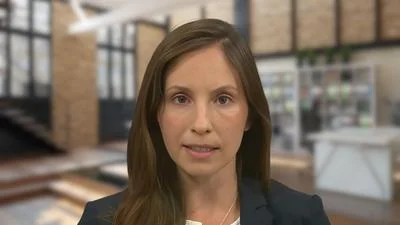Peter D. Newcomer Senior Vice President, Chief Operating Officer, | U. of Wisconsin Hospital and Clinics
Peter D. Newcomer Senior Vice President, Chief Operating Officer, | U. of Wisconsin Hospital and Clinics
Cachexia, characterized by significant weight and muscle loss, is a prevalent issue among pancreatic cancer patients. The condition arises when cancer cells redirect the body's nutrients for their own growth, disrupting normal metabolic functions and causing severe physical deterioration. Andrea Galmozzi, PhD, from the UW Carbone Cancer Center, emphasized that "cachexia becomes a multi-organ disease," complicating treatment beyond mere nutritional intake.
Galmozzi collaborates with Adam Kuchnia, PhD, also from UW Carbone. Their joint research aims to improve early diagnosis and develop targeted treatments to mitigate cachexia's effects. Their work is partly funded by the Roll & Stroll for Pancreas Cancer fundraiser on August 10 at Capital Brewery in Middleton. This event is organized by the Pancreas Cancer Task Force to support new research and patient services.
Kuchnia focuses on identifying biomarkers of muscle wasting through clinical imaging to predict which patients might develop cachexia. "I'm interested in what we can learn about those individuals who don’t have or are more resistant to cachexia," Kuchnia stated.
Currently, no FDA-approved treatment exists for cancer-related cachexia; therapies aim to boost appetite and nutrition instead. Galmozzi's research investigates how tumors hijack signaling pathways at a cellular level to create precision treatments that could interrupt this process early on.
“If you can act on those early signs,” Galmozzi explained, “you can reduce the toxicity of that treatment (for patients).” Early intervention could enable patients to endure more aggressive anti-cancer therapies by maintaining physical strength.
The researchers appreciate the unwavering support from the Pancreas Cancer Task Force. “They are willing to participate and support research at every turn,” noted Kuchnia.






 Alerts Sign-up
Alerts Sign-up